Home abroad
A couple of months length study trip is often as exciting as some great adventure. New group, other circumstances, hard work for results, and opportunity to know a foreign place better than a tourist. Spending years somewhere is a bigger matter.
Snezana Raus Balind has been working for us for five years now. The word work should be literally understood, and that she does an excellent job, we can be sure. Why? Because no good research team can afford the luxury of employing a postdoctoral researcher for a long time who doesn’t live up to expectations. And if we accept that the quality of work in a group is indicated by the level of its communications, in Judit Makara’s group, where publications accepted by Nature Communications and Neuron journals are regular, these expectations should be quite high.
Snezana came to Budapest as a family with her husband and little daughter.
- When a family changes countries, it is a big issue for them. Where did you come from and what was the reason for your decision?
- I came to Hungary from Serbia 5 years ago. After completing my Ph.D. thesis I wanted to learn new, modern techniques, but then, where I worked it was not possible. I found several postdoctoral job offers that were interesting to me, some from KOKI as well. As I knew that due to their high-quality research, neuroscientists in Hungary were recognized everywhere, I applied for the job advertised by Judit Makara. Our move to Budapest was supported by my husband, too. He works in another field and also wanted to change his job. He found some interesting job offers in Budapest, so we decided to move here.
- Have you ever been to Budapest?
- Never before. Of all the first days I spent here, all I remember was the rush to get the paperwork for a residence permit and other official permits. Like any new beginning, it was stressful. The problem was that in some offices I needed knowledge of Hungarian, which I didn’t have. Luckily, I’ve had help from the people from the lab, otherwise, things would have been much more painful. On weekends, I explored the city with my daughter and husband.
- What new technique did you start learning in the lab?
- It was the important and versatile electrophysiological method, a technique called patch-clamp, that can study the behavior of ion channels in cells in different states. The first step I had to learn was to incise the brain slices suitable for measurement. The lab colleagues were patient and supportive, I could always ask them for help. That was the beginning, and the rest, as they say, is already history!
- So you could feel good in the supportive atmosphere of the lab. And outside the institute?
- I wanted to work on interesting subjects and learn and apply modern techniques and develop as a scientist. Working for the KOKI fulfilled my expectations. I must admit that I don’t know much about how things function out of the Institute; I don’t feel the everyday life like someone who was born here. My perspective is completely focused on everyday life – work in the lab, and the family.

- In this case, the institute has an even bigger role!
- I love working here, sharing the days with my dear colleagues in the lab or in our office, and also with the groups we are in contact with. I am happy to say that whenever I asked anyone for help, I always got it. I feel like people sincerely want to help when I ask, and I appreciate that.
- What is your opinion about the Connectome idea of the Ph.D. students? Have you ever popped up the idea of forming a similar one among the visiting scientists working here?
I do not know about that but I like the initiative of foreign students and Ph.D. students from here to make a community where they will be able to share experiences and ideas. „Connectome” is a great idea and I am happy that they have regular meetings and a lot of members. Also, group reports are an opportunity to inform what other groups do and maybe got the idea of possible collaborations.
- So your experience in the institute can be said to be positive so far. And what plans do you have outside of work?
- So far, I'm really happy with our lives here. Unfortunately, we still haven't traveled too much in Hungary, but we plan to change that in the post-COVID period.
- And the distant future?
- We as a family are not making plans for the far future. We are planning to stay here as long as things are functioning well for us, while I am happy to do this job, my husband his, and our daughter gets a good education. Also, one of my plans is to (again) take a language course and finally start to speak Hungarian.
- This is a really great plan!
Finally, let me ask you something that may not just affect you. How could the institute help those who came from far away to find their place with us as soon as possible and as easily as possible?
- There are two things where I think that the institute could help us. First, I think that it is possible that KOKI as a company could represent the foreign colleagues in Hungarian institutions, where we have to apply to get a residence permit. I know that this is possible, and done in multinational companies; it could speed up the process and save people from additional stress and help avoid the first (sometimes unpleasant) impressions of encountering bureaucracy.
The second would be to organize a language course. I know that all of my foreign colleagues from abroad wanted to learn Hungarian, but it is difficult to find schools and especially where we can meet the offered learning schedule. However, I am sure that we could find a solution in the institute that everyone would be happy about.





